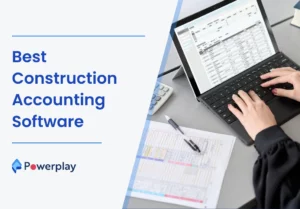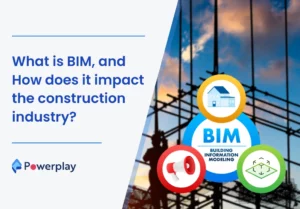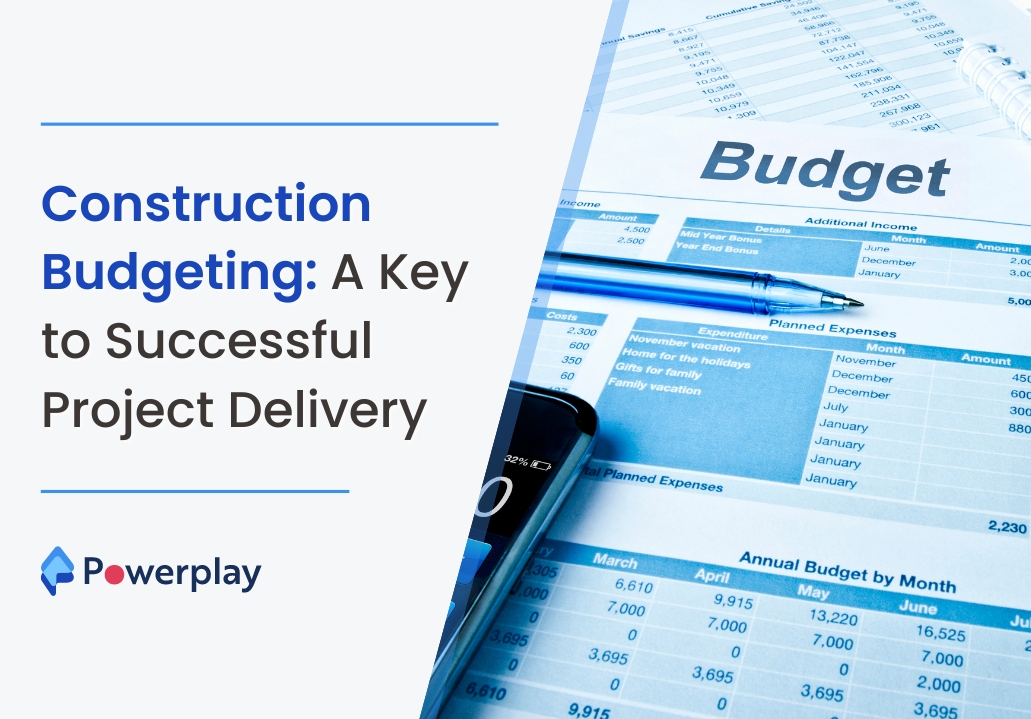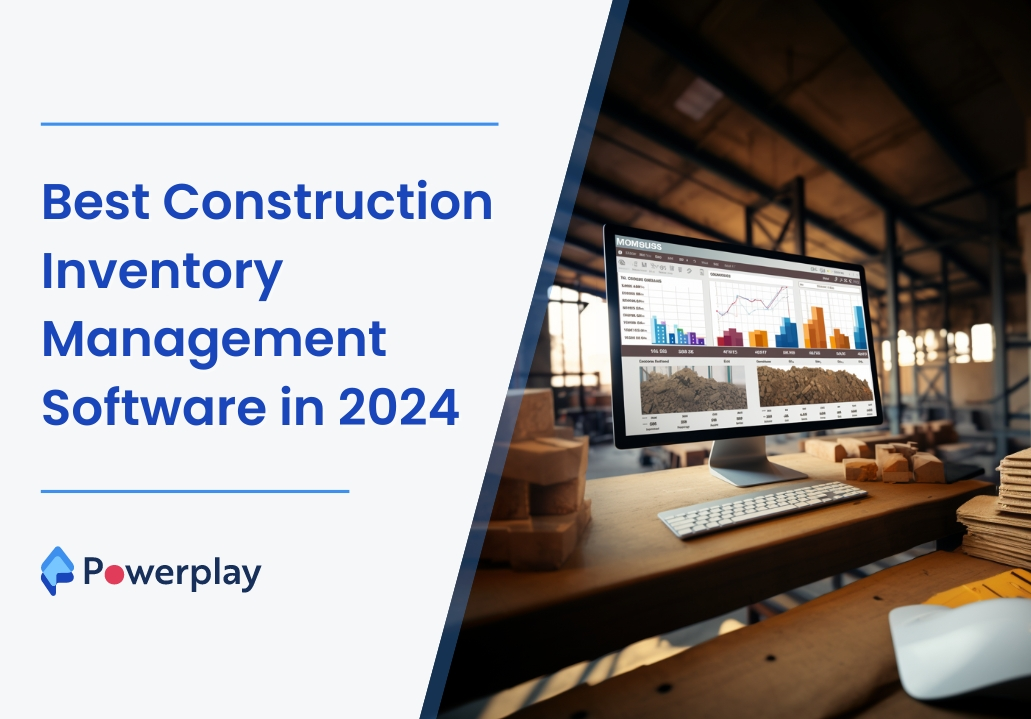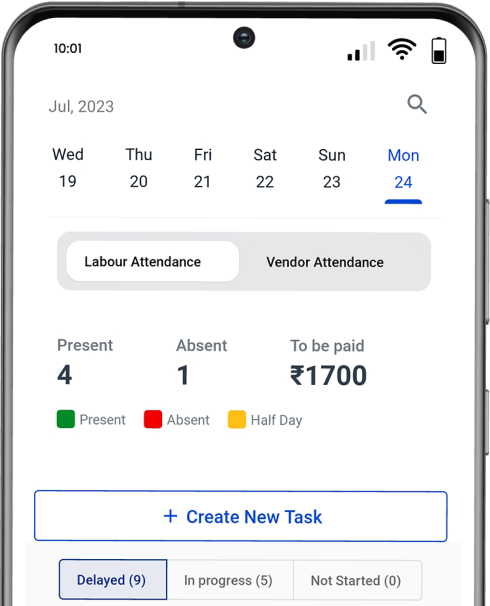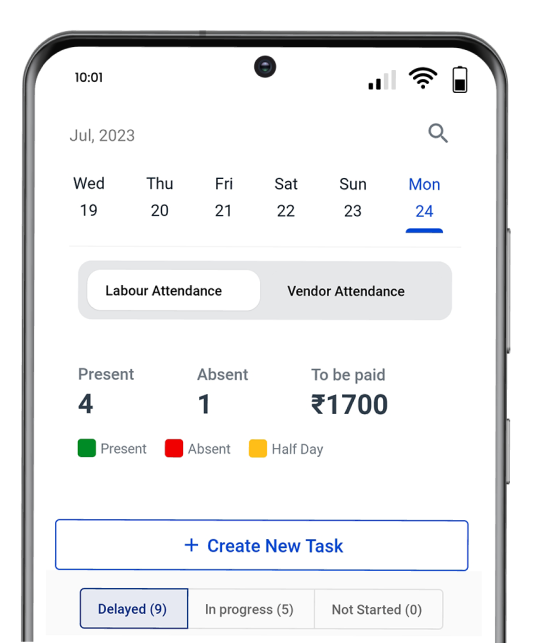What are the functions of Construction Management?
-
Sapna
- April 11, 2024
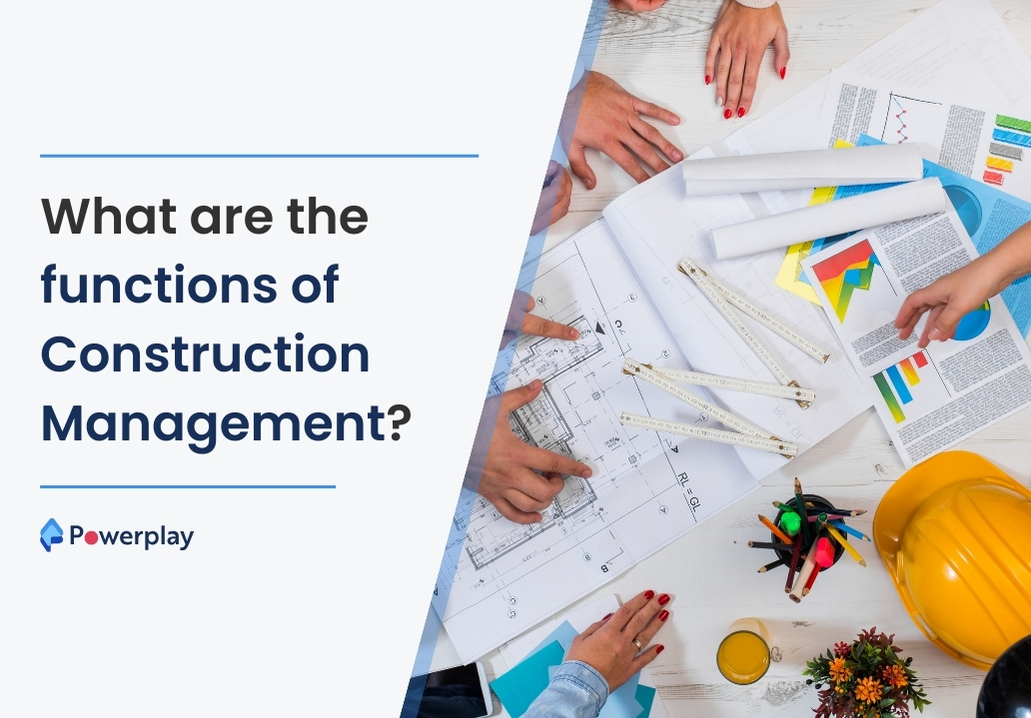
Construction management oversees and coordinates every construction project step, including planning, design, execution, and completion. It involves managing the project’s budget, schedule, quality, and safety, ensuring that it meets the client’s requirements and is completed on time and within budget.

Construction owners and managers must ensure that all tasks, such as resource allocation, regulatory compliance, and stakeholder communication, are completed to deliver a successful project outcome.
So, in this blog, we will explore the key functions of construction management, construction management phases, and responsibilities and learn how they contribute to the successful completion of construction projects.
Table of Contents
ToggleConstruction Management Responsibilities
Construction Management Responsibilities involve overseeing the planning, execution, and completion of construction projects, ensuring they meet quality standards, deadlines, and budget constraints.
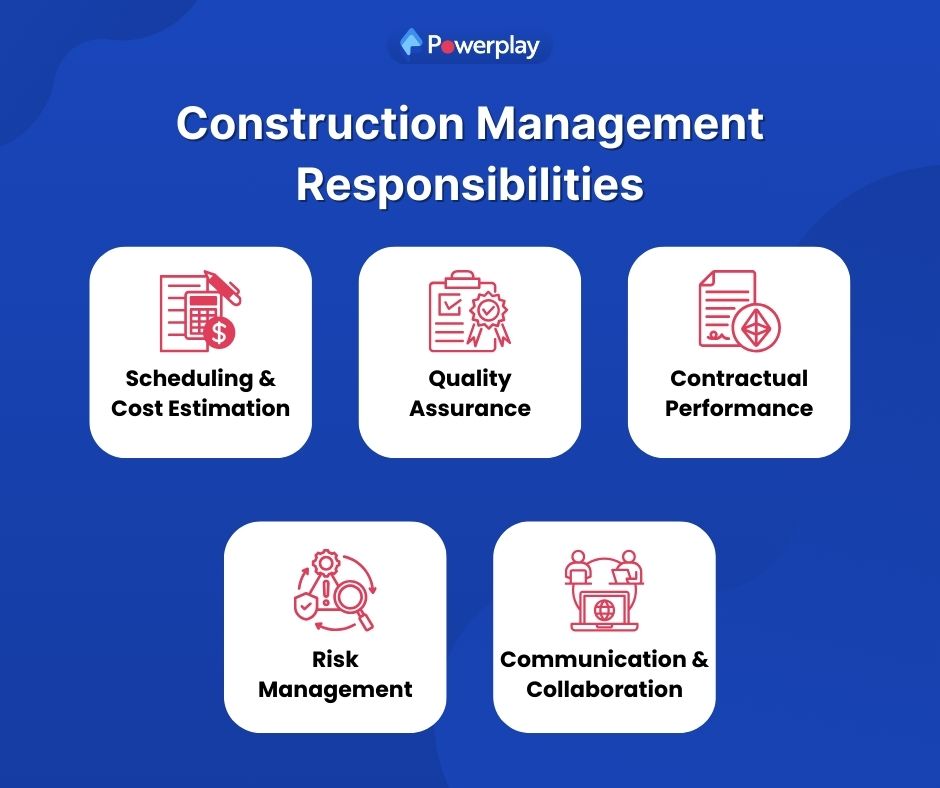
There are various construction management responsibilities, such as:
Scheduling and Cost Estimation
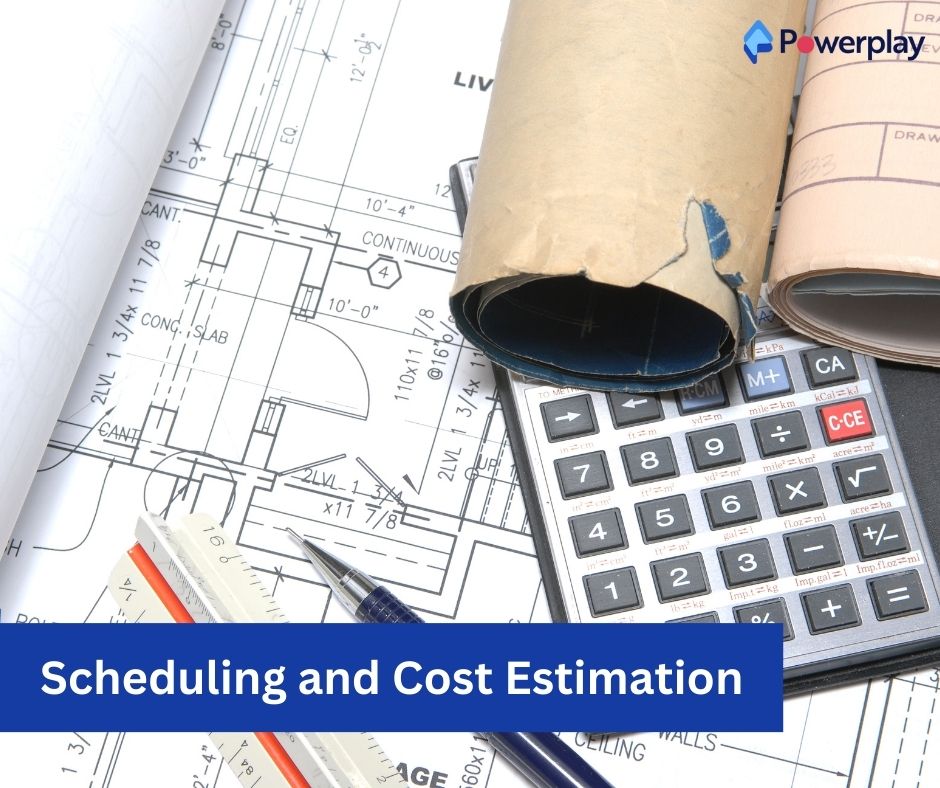
Scheduling and Cost Estimation are two of the main duties of construction management. They include activities like calculating the budget required for a project and considering direct and indirect costs such as labour, materials, equipment, and services. Scheduling is critical during the project planning phase to make sure the project is completed within budget.
Quality Assurance

In construction management, quality assurance ensures that the project meets the defined quality standards throughout its life cycle. This includes setting quality objectives, implementing quality control measures, and conducting regular quality audits to ensure the project outputs are exactly what is needed.
Contractual Performance
This duty involves managing the project’s contractual obligations. It includes negotiating and drafting contracts, ensuring that all parties fulfil their contractual responsibilities, and managing any changes or disputes that arise about the contracts.
Risk Management
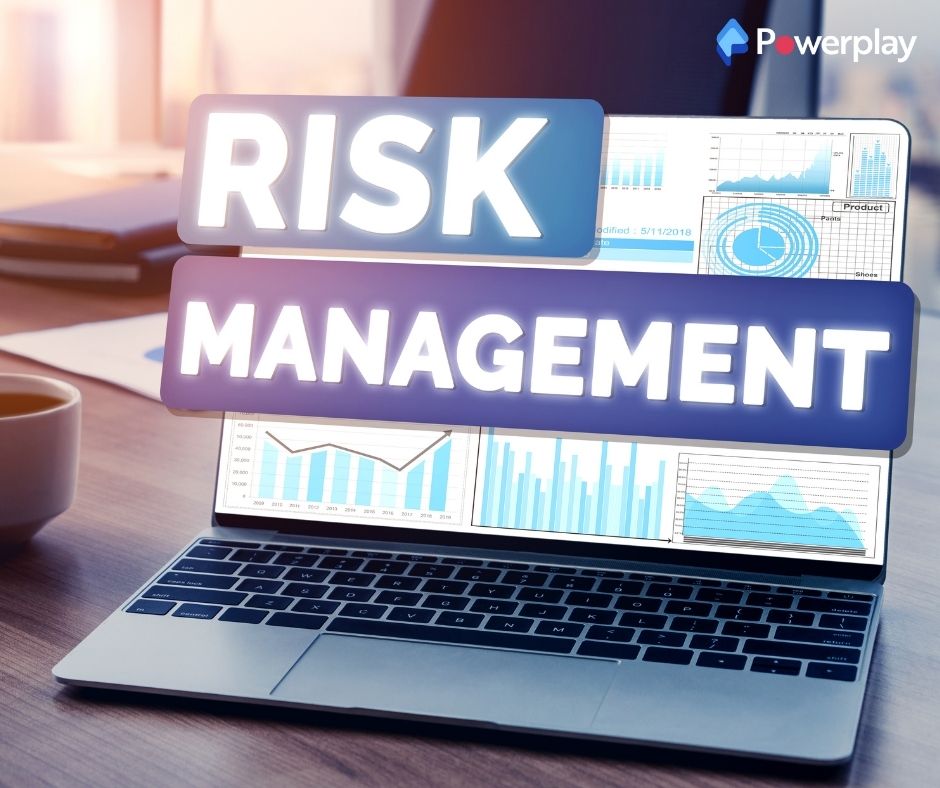
Risk management is also an important factor in construction management. It involves identifying, assessing, and prioritising risks that could impact the project. It includes developing strategies to mitigate or avoid these risks and implementing measures to monitor and control them throughout the project life cycle.
Communication and Collaboration
Strong communication and collaboration are important factors in the success of any project. This involves ensuring clear and open communication among all stakeholders, including the project team, clients, and suppliers. It also involves fostering collaboration and teamwork to achieve the project objectives.
Functions of Construction Management
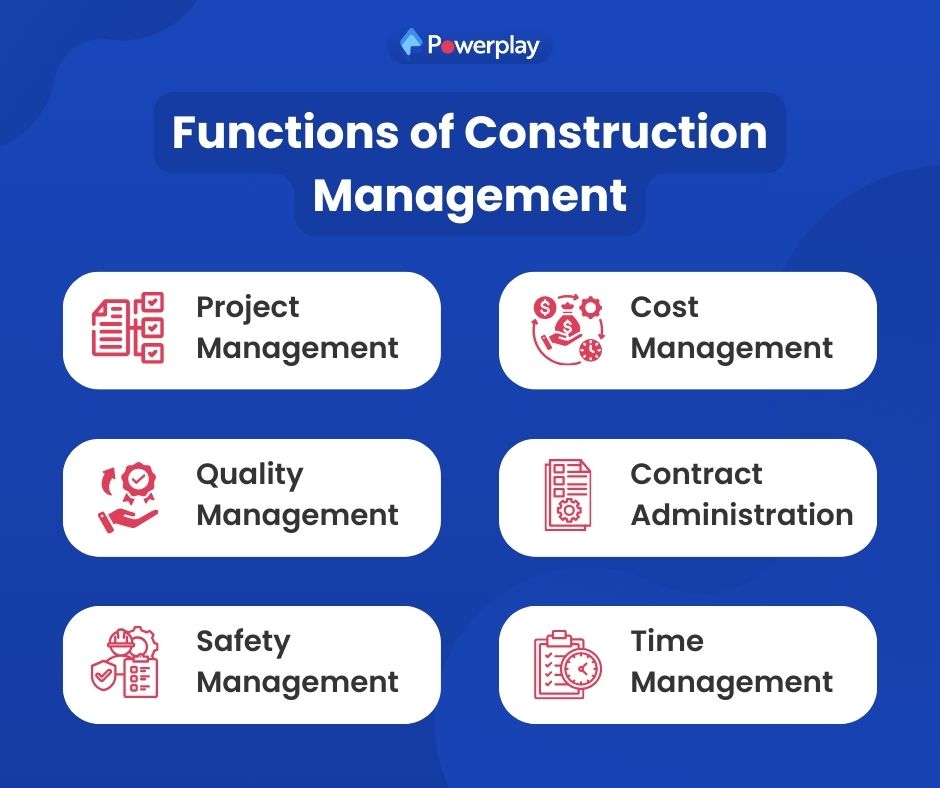
The important functions of construction management are:
1. Project management
In construction, project management is developing and carrying out a plan. It involves using the most effective technology and project management techniques available to a company to plan and track project expenses and team output.
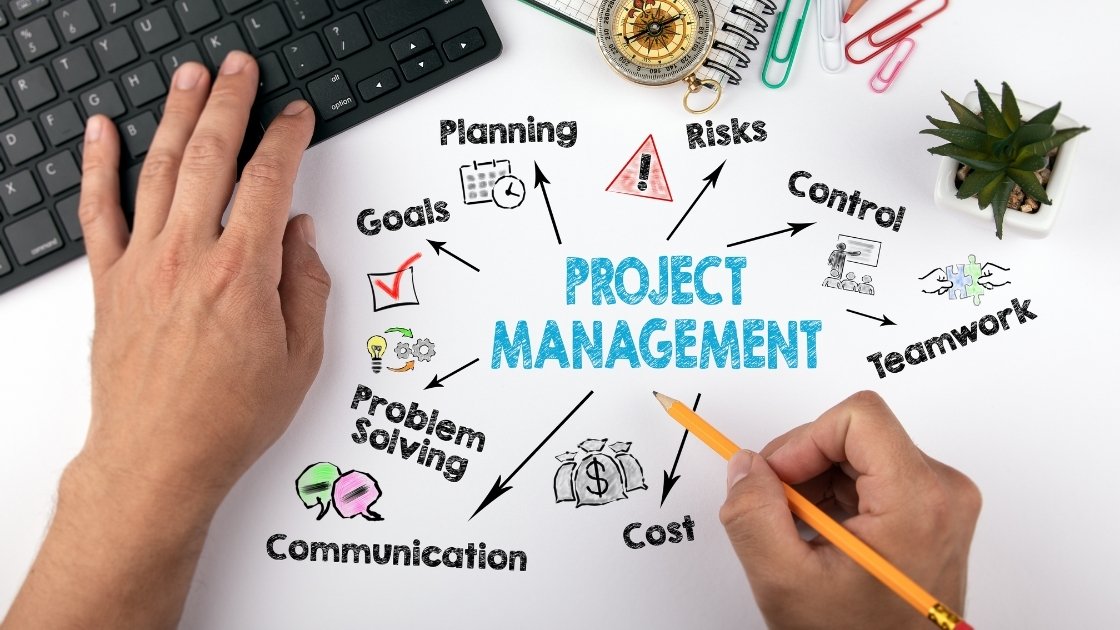
You can take the following steps:
- Safe bids for projects
Overseeing the bidding process is the main responsibility of pre-construction project management. Creating winning proposals involves setting well-thought-out bid management methods and leveraging takeoff solutions and cost estimation techniques.
- Choose the correct method.
Determine whether you are following the correct process. Going lean may be an option if you have a high rework rate and handle numerous projects simultaneously. Agile approaches can also aid risk analysis and bottleneck identification in complex projects.
- Create and implement an effective construction management plan.
Effective building planning necessitates clearly defining the project scope, objectives, and budget. All team members must understand the project’s objectives, expectations, and budget. Construction management tools are important for creating a team.
2. Cost Management:
Cost management is crucial for monitoring and reporting expenses throughout a project’s lifecycle. It requires appropriate tools and processes for setting an initial budget and tracking costs over time to prevent overruns.
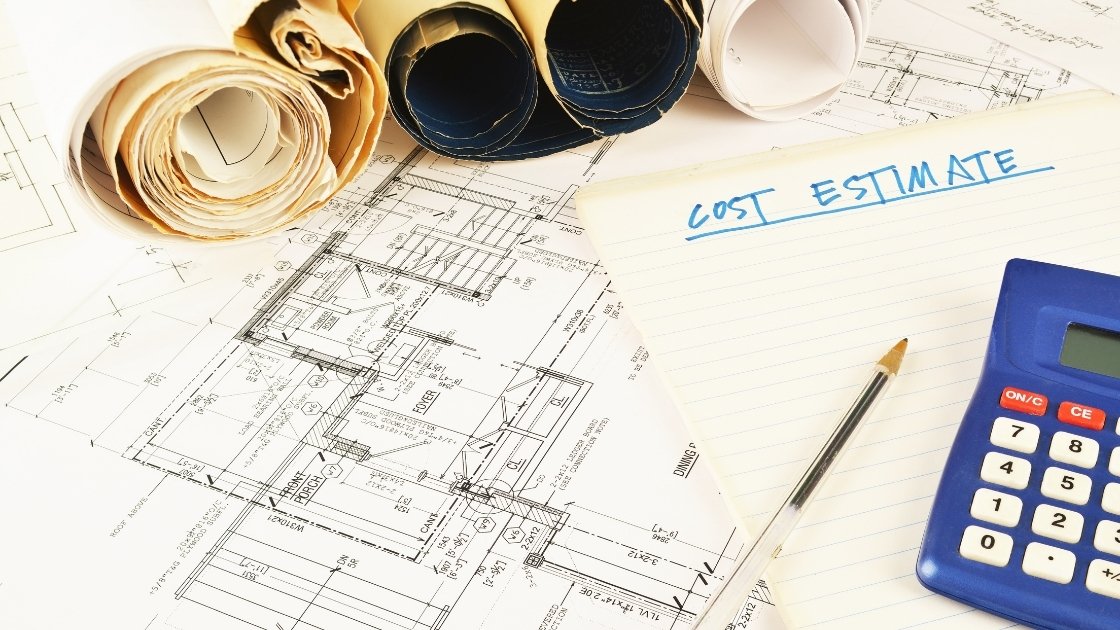
Steps for Effective Cost Management:
- Make Accurate Estimates:
Start by thoroughly evaluating the project scope, identifying all required materials, labour, and equipment, and considering potential risks that could affect costs. Accurate estimates are essential for setting a realistic budget and making informed financial decisions.
- Manage, Plan, and Monitor the Budget:
Analyse key project constraints such as scope, schedule, and costs. Review the design to identify any issues that could cause delays. Be mindful of scheduling gaps and monitor additional expenses, like unexpected change orders, to avoid budget problems.
3. Time Management:
Time management involves organising tasks and activities to meet deadlines and enhance profitability. It encompasses managing employees, delegating tasks, overseeing projects, and prioritising risks.
Steps for Effective Time Management:
- Create a Functional Project Schedule:
Identify tasks and assign responsible individuals. Utilise scheduling methods and tools like construction software or Gantt charts to visualise task dependencies.
- Establish a Risk Management Program:
Develop a plan to assess and manage risks, with a focus on documentation and communication. Use construction software with document management capabilities to centralise and share documents.
4. Quality Management:
Quality management ensures that projects meet client expectations. It involves setting up quality control and assurance processes.
Steps for Quality Management:
- Develop Assurance Plans and Set Quality Standards: Research industry standards and document them in your quality program. Create a quality assurance strategy to inform clients and ensure compliance.
- Implement Quality Control Procedures: Train employees and define their roles to establish accountability. Monitor compliance through material inspections, change order reviews, and supervision method revisions.
5. Contract Administration:
Contract administration involves fulfilling legal terms with stakeholders like clients, architects, and subcontractors. It requires appointing a contract administrator (CA) to manage legal aspects.
Steps for Contract Administration:
- Develop a Communication Plan: The CA should facilitate communication between the client and the business, identify team members, and establish communication channels.
- Manage Contractual Documentation: Document and update various contracts, including general conditions, time and material contracts, and subcontractor agreements. Use contract management software with features like templates and version history.
6. Safety Management:
Safety management is about creating procedures to protect workers and ensure safety on construction sites. It involves identifying hazards and educating employees on safety practices.

Steps for Safety Management:
- Increase Awareness and Identify Hazards: Be aware of construction hazards and create a positive safety culture through training, protocol definition, and site inspections.
- Use Software to Reduce Risks: Utilise technology like mobile phones, Building Information Modeling (BIM), wearables, and drones to share unsafe conditions, create 3D models for hazard identification, and inspect dangerous sites.
We can design one image on the functions if possible. That would be good.
Conclusion
Construction management is a multifaceted discipline that plays an essential role in the success of construction projects. By effectively managing planning, design, cost, scheduling, contracts, quality, safety, communication, risk, and sustainability, construction managers help deliver projects on time, within budget, and to the required quality standards.
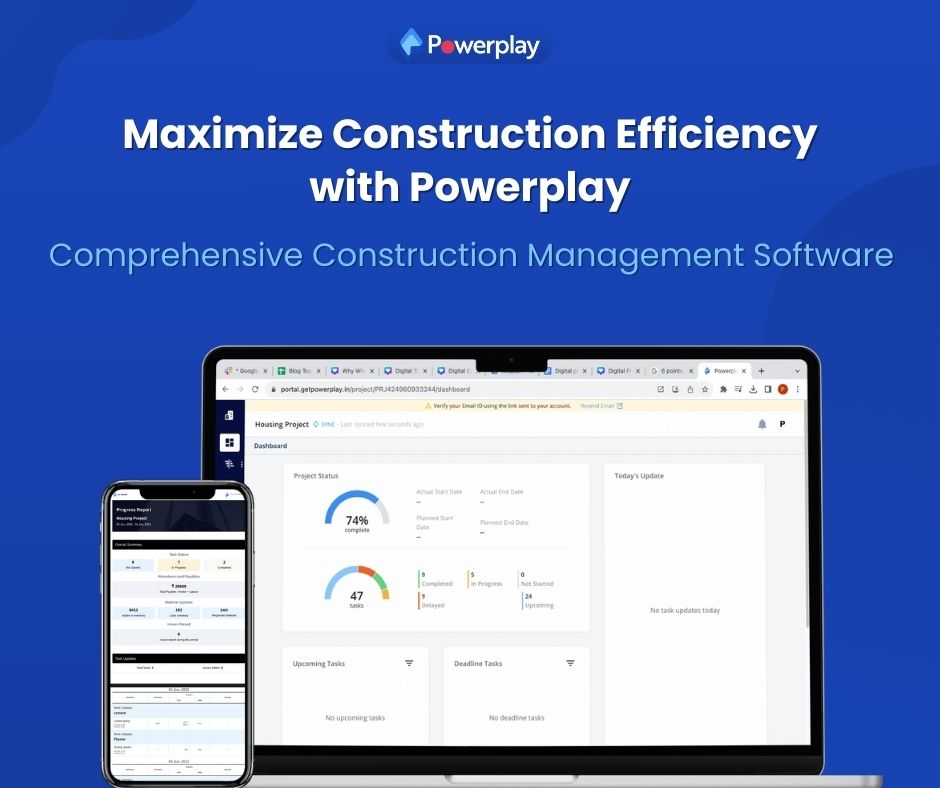
As the construction industry evolves, managing projects effectively is crucial. Construction management software like Powerplay, the latest mobile and web-based application, offers various features that help owners and stakeholders manage construction more effectively and efficiently. So embrace Powerplay and start building your projects.
